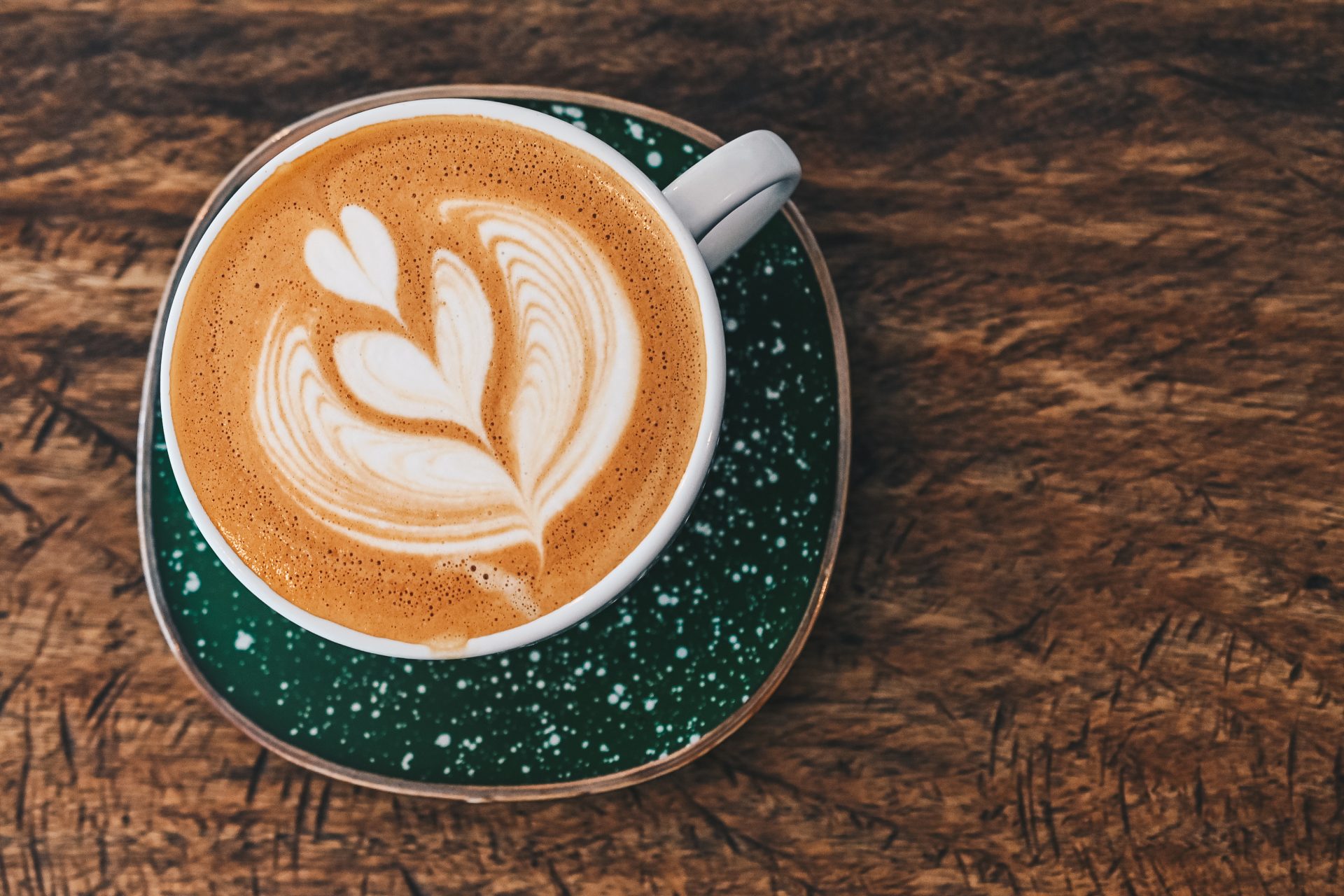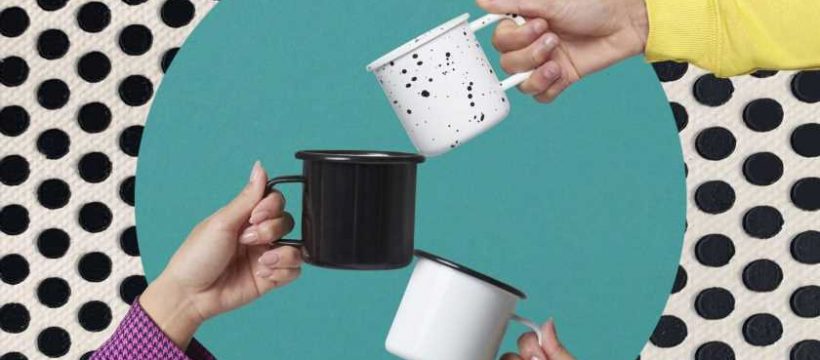Could maca coffee replace regular coffee as your new pick-me-up? Adaptogenic maca has a number of reported health properties, but can it be beat a steaming cup of joe in the morning? We tested it out.
Coffee has a plethora of health properties – it’s been linked to a longer lifespan, improved gut health and better performance at the gym during menstruation. However, those with caffeine sensitivity or a heavy coffee habit may be on the search for a decaffeinated liquid alternative.
Enter maca ‘coffee’, a coffee substitute made from maca – an adaptogenic root from Peru – that’s commonly sold in powder form as a nutritional supplement. It’s not as bitter as the caffeinated stuff; it actually tastes kind of malty.
Adaptogens are plants that help your body adapt (hence the name) to physical, biological and chemical stressors (like fatigue), so it’s no wonder that maca coffee has been hailed as a potential energy booster.
What is maca coffee?
Maca coffee in its simplest form is maca powder mixed into hot water, just like you’d make instant coffee. You can also make it with cow’s milk or plant milk as a maca latte. Other supplements can be added – such as cacao, reishi mushroom or turmeric – to make a powerhouse of a drink.
Maca powder has been used in alternative medicine for centuries to boost libido and increase energy levels, mood and cognitive function. Though there aren’t a huge amount of clinical trials in humans to back these claims up, this doesn’t necessarily mean they’re not true – alternative medicine doesn’t have the funding that pharmaceutical companies have when it comes to research.
Personally, I’ve been using it for years, mixed into banana smoothies, as a jetlag aid.
Is maca coffee a viable caffeine substitute?
I decided to trial maca coffee as a coffee replacement for a week, making my first one with a tablespoon of maca powder and warm coconut milk. My go-to maca powders are Naturya organic maca powder and Indigo Herbs organic maca powder.
While maca coffee tastes pretty good, it’s obviously a completely different flavour profile to actual coffee, so I did feel like I was missing out somewhat.
I get a burst of energy if I have a coffee shop flat white, but never from my homemade plunger coffee, so I didn’t notice the lack of caffeine. What I did notice was mental clarity – my trial conveniently took place during a hectic week when I was averaging six hours of sleep a night. My body still felt fatigued, but the brain fog seemed to lift after my maca latte, and I was in a surprisingly good mood (I’m usually a grumpy old toad when I’m tired) so I could power through my day.

I then tried adding cacao to the mix (make sure it’s actual cacao and not processed cocoa powder – Naturya organic cacao powder is a good one), coconut syrup and a dash of cinnamon, which was super tasty.
I’ll admit that by day three, I was gagging for a real coffee – I love the taste of coffee so much that I go to bed looking forward to my morning cup – so I decided to make a turbo coffee by adding maca powder to my regular coconut milk coffee. Let me tell you – that hit the spot!
The combination of caffeine and maca was exactly what my sleep-deprived soul needed to get on with life, and I continued making this in the mornings, switching to pure maca coffee in the afternoon. Making an afternoon version with fun additions such as maple syrup and turmeric felt like a bit of a treat as well as a nice pick-me-up.
Do we really need to give up caffeine?
I did this trial out of curiosity, but never had any intention of giving up caffeine afterwards; coffee is packed with nutrients and I’m a massive believer in ‘everything in moderation’. I’ve only ever drunk two or three cups of coffee a day anyway. Plus, every sip of coffee is a little hit of joy, which is much needed in this crazy world right now.
Could a caffeine detox be beneficial for some people?
“Everyone is different – genetics can affect how caffeine is metabolised by your body, and [this will determine] if it works or doesn’t work for you,” explains Carolyn Nicholas, functional medicine certified health coach and director of Coaching at Able.
“Caffeine is a stimulant and we feel addicted to its effects. If you need caffeine to get out of bed in the morning, then it’s time to revisit your bedtime routine and see where you can improve your sleep quality.
“Our cortisol is highest in the morning until about 90 minutes after we wake, so adding caffeine to that might make you feel tired but wired. If you feel jittery or anxious after drinking caffeine, then you should try cutting it out altogether.
“However, if you’re not ready to ditch caffeine just yet, you can easily add maca to your regular coffee.”
A word on decaf
If you love the taste of coffee but aren’t friends with caffeine, decaf coffee could also be a decent alternative, rather than forcing yourself to drink alternatives like maca.
“If you enjoy the complex flavours of coffee then decaffeinated coffee has come a long way, and you can now buy some fantastic naturally decaffeinated specialty coffees,” advises James Gray, Barista & Co’s founder and owner.
You may also like
Is decaf coffee unhealthy? The pros and cons of caffeine-free drinks, explained
“Decaf still has antioxidants, which are great for your body – it just has a much lower caffeine content. Decaf isn’t completely free of caffeine, but it’s very low, much like non-alcoholic beer.”
My takeaway from this trial was that while maca coffee is tasty and seems to work as an energy booster, it’s unlikely to hit the spot for coffee fanatics. A good middle ground is having a regular coffee with/without a tablespoon of maca in the morning, then replacing your afternoon latte with a maca coffee. If you want to incorporate maca into your diet without compromising the taste of your coffee, you’ll get the same benefits from adding it to smoothies. Win-win.
Images: Getty
Source: Read Full Article
